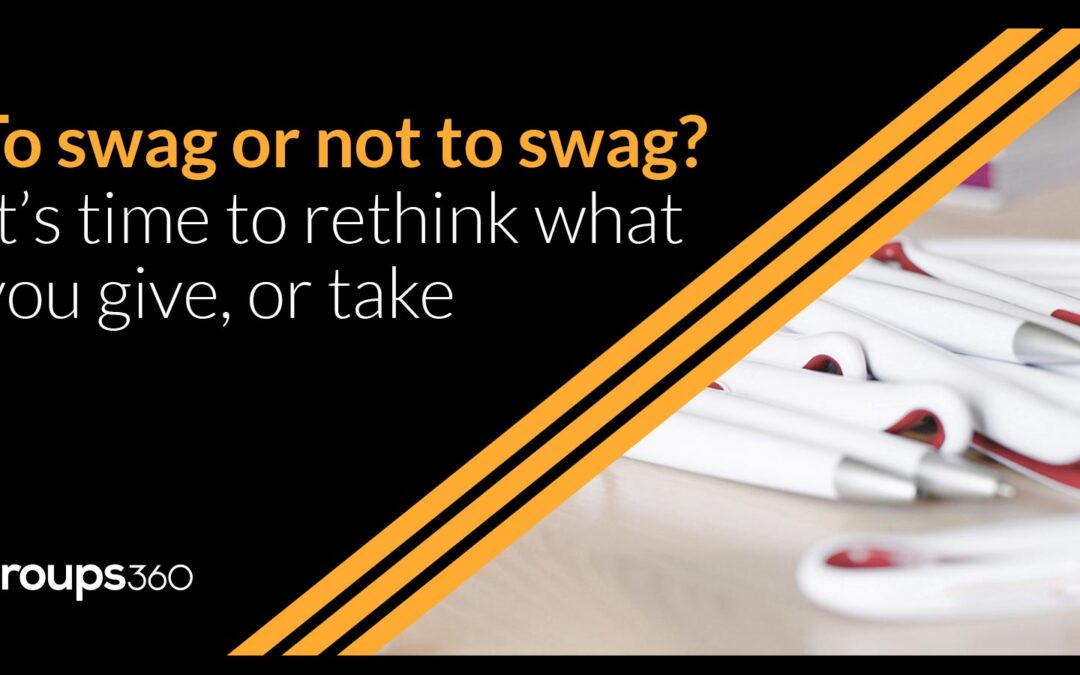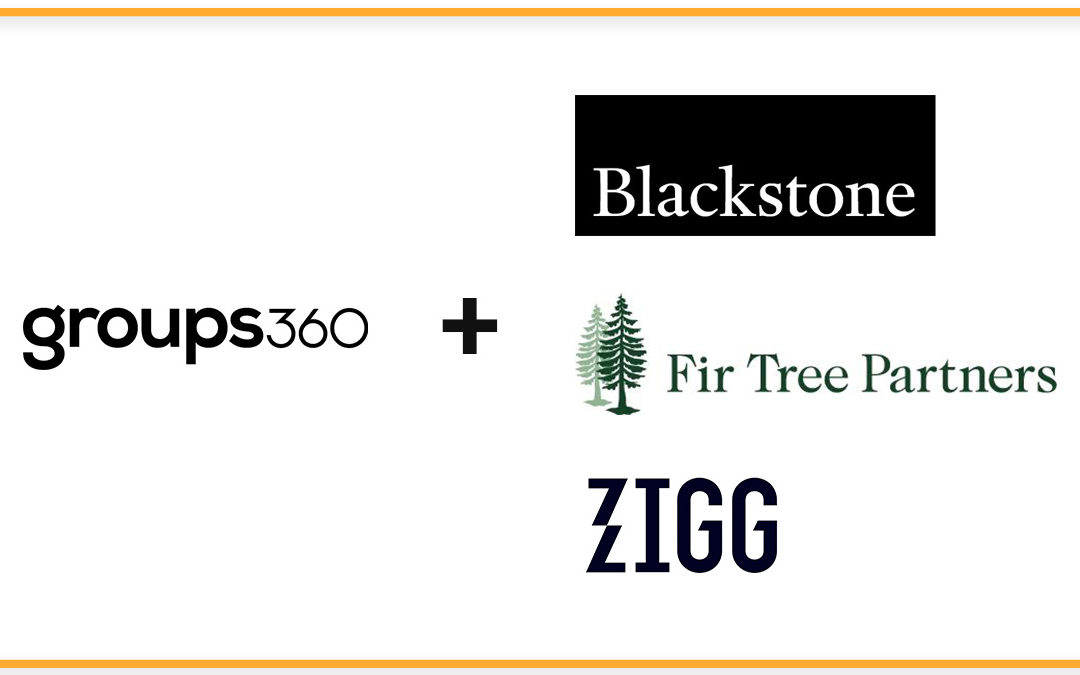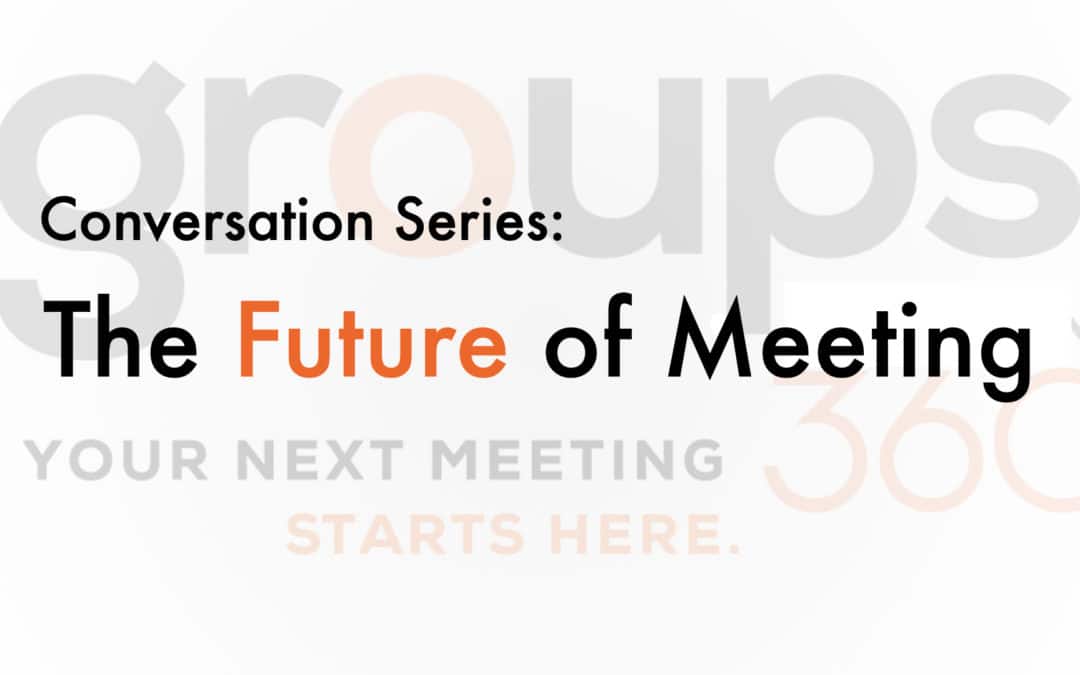
More intention, less waste—is it time to rethink event swag?
How many among us hear the word “swag” without thinking of Michael Scott from The Office?
It’s admittedly fun to leave a trade show loaded down with free merchandise. Drawstring bag? Yes, please.
“I keep them in so many random places for when I need to pop into the shop,” said editor and writing coach Elisa Doucette.
But as an element of your marketing efforts, not to mention your budget, just how valuable is it?
The disposability of conference swag—a multi-billion-dollar industry—makes it clear that the research, branding, ordering, delivery, etc. of this event element is a wasted effort. That is, if you’re opting to distribute the wrong sort of swag.
What’s the right kind of swag? We’ll get there. But first, let’s talk about if it’s even worth it.
Does swag make an impact?
On the one hand, yes, in that it increases your brand’s visibility and offers a little dopamine spike (everyone loves a freebie).
But that’s mostly anecdotal. Here’s why:
What is swag’s ROI?
None of the companies we spoke with measured event swag ROI. That can be concerning for ROI-numbers-loving leadership, but these organizations were mostly unphased. The general attitude we encountered is “This is how we’ve always been doing it.”
“We don’t really measure the ROI,” said Kelvin Newman, founder and managing director of Rough Agenda. “It’s mostly a perk of certain event tickets, so effectively they’re paid for rather than a true freebie. It’s less of a reason people buy that ticket type, but it’s a nice perk and is a memorable way for us to get across our brand.”
And while these freebies are designed to attract attention—what’s that logo? what’s the company name say?—“they come with strings attached,” said Christiaan Huynen, CEO and founder at DesignBro.com.
“The goal of the freebies is to get people that use the merch to be living advertisements and unconsciously influence others to be curious about your brand,” Huynen said.
What percentage of an event’s budget is devoted to swag?
For the broad category of “merch,” Newman said, he spends about 5% of an event’s total budget.
Bethan Vincent, founder of Open Velocity and a marketing consultant who focuses on clients in the tech space, said 10-20% of an event’s cost is allocated to promotional items.
“[We] advise clients that quality over quantity goes a long way,” she said.
In full disclosure, Groups360 is on the swag train, too.
“We distribute swag at shows, typically for high-value conversion actions such as attending a demo—so there is an ROI measuring component. And it’s often higher quality, multipurpose, or useable well after the show,” said marketing director Brett Raymond.
When we talk “quality,” we mean items like tumblers or AirTags instead of a cheap plastic keychain or branded hat no one will wear.
What’s the environmental impact of swag?
Most plastic, even that which people attempt to recycle, goes to a landfill. There are more Earth-friendly swag options out there than plastic or one-use items. (We talk about some of the ways to reduce event waste here.)
“A lot of my clients are now questioning the providence and sustainability of the swag they order for events, conferences, and employees,” said Vincent. “I’ve seen a marked shift away from plastic items and a considered move to locally produced, recycled, or recyclable options. I think there’s also a recognition that providing seemingly sustainable options such as branded water bottles are still contributing to the plastic problem. Clients are now really looking at every aspect of sustainability and making purchase decisions accordingly.”
Sustainable merchandise can hang around for longer to work its advertising magic, but Huynen said it’s only a good option if the company can afford it.
So … yes or no to swag?
The bottom line: swag isn’t going anywhere anytime soon. But where you can create a more valuable merchandising experience is by going from:
Cheap → sustainable
Swag for swag’s sake → intentional
Marketing should be intentional and authentic for a lasting effect, not performative or “because we should.” Post-pandemic, the type of promotional product needed to shift. It didn’t make sense to give out reusable travel coffee containers when everyone was drinking coffee from their home office. We started to see more branded face masks and hand sanitizers.
“Tying swag to intention is everything,” said Kate Bradley Chernis, founder and CEO of Lately, an AI social post generator. Trade show attendees should draw meaning from the swag they pick up.
“Hate to break it to you, but I need someone else’s logo on a t-shirt like I need a hole in my head. Don’t forget: merch done well isn’t about you. It’s about me. What will make me lean forward, go woweeeee, snap a picture and share the living buhjeezus out of it? That’s your end game. Back into it.”
Mic drop.




